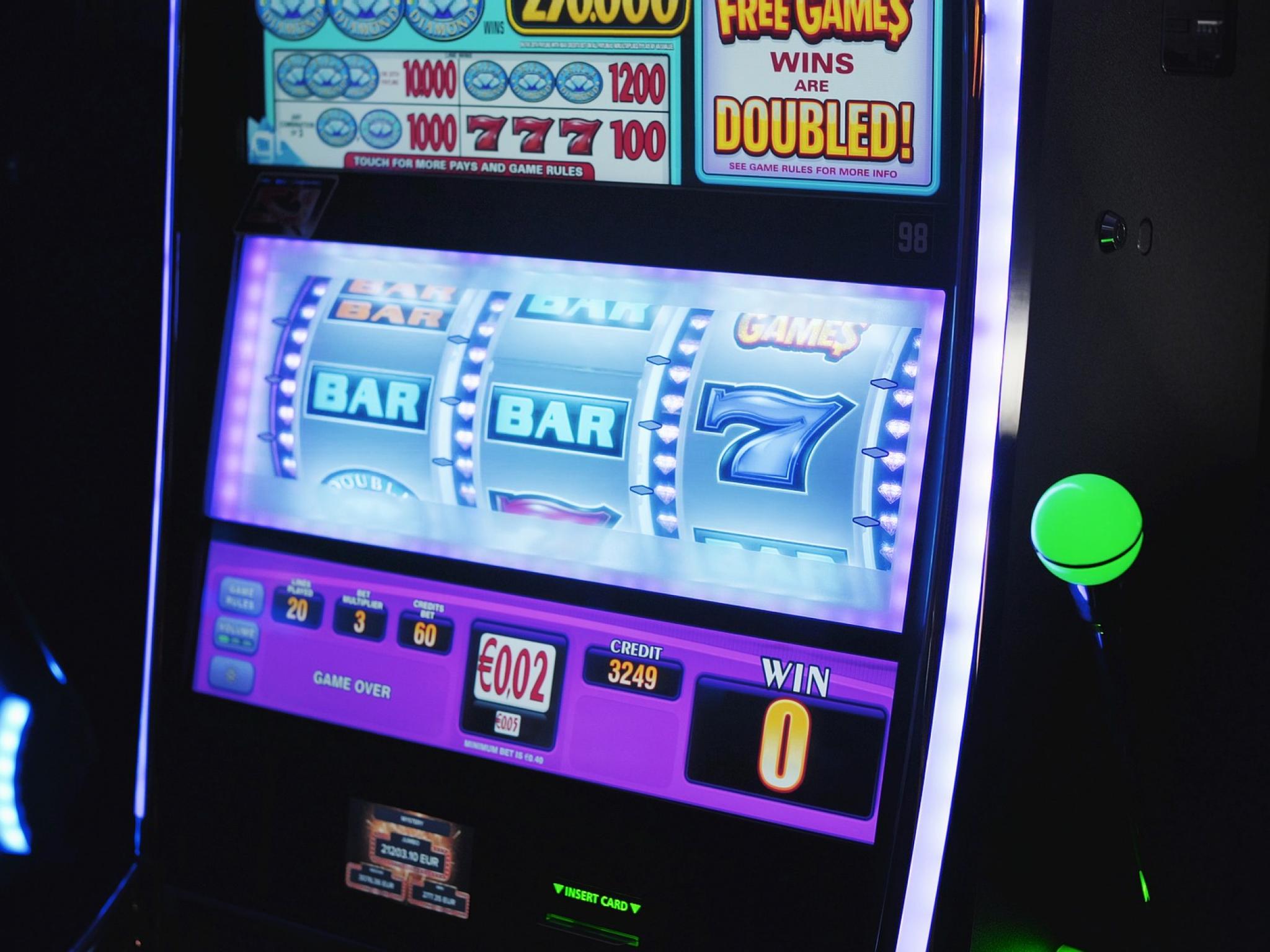
Benzinga’s weekly Stock Wars matches up two leaders in a major industry sector with the goal of determining which company is the better investment.
This week, the duel is between two gaming and hospitality companies: Boyd Gaming Corporation (NYSE:BYD) and Full House Resorts, Inc. (NASDAQ:FLL).
The Case For Boyd Gaming: Company founder Sam Boyd got a toehold in the gaming industry as a Las Vegas dealer in 1941 and advanced through the ranks until he teamed with his son Bill, an attorney, to acquire the Eldorado Hotel in 1961. Boyd Gaming was founded in 1975 to develop and operate the California Hotel in Las Vegas, and over the years the company acquired multiple properties within Nevada’s gambling mecca and in other states. An initial public offering was conducted in July 1993 and Boyd Gaming currently operates 28 properties in 10 states.
Among its recent corporate developments, Boyd Gaming announced in March it was paying $170 million to acquire Pala Interactive LLC, an online gaming technology company operating in the U.S. and Canada. Boyd Gaming President and CEO Keith Smith stated that while “the acquisition of Pala Interactive supports our iGaming strategy, we remain fully committed to our sports-betting partnership with FanDuel, which has allowed us to participate in the nationwide expansion of sports betting. We look forward to welcoming the Pala Interactive team to our company and building a highly successful online gaming business in the years ahead.”
In its most recent earnings activity, the first quarter data published on April 26, Boyd Gaming reported revenues of $860.7 million, up 14.3% from $753.3 million in the first quarter of 2021. The company also reported net income of $162.9 million, or $1.45 per share, compared to $102.2 million, or 90 cents per share, for the year-ago period.
“We also continued to execute our robust capital return program, repurchasing $132 million in stock during the first quarter and reinstating our quarterly cash dividend,” said Smith, referring to the 15 cents per share payment, the first since March 2020. “In all, the first quarter was an excellent start to 2022, as our proven operating strategy and experienced team continue to create long-term value for our shareholders.”
Boyd Gaming’s shares opened for trading on Wednesday at $52.49, on the lower side of its 52-week range of $50.38 to $72.72.
See Also: Benzinga's complete Stock Wars series
The Case For Full House Resorts: The company was launched as Hour Corp. in 1987, changing its name shortly afterward to D.H.Z. Capital before taking on its current moniker in 1992 when it moved into the gaming world with the acquisition of South Dakota’s Deadwood Gulch Resort. An IPO occurred the following year and the company sold Deadwood in 1996.
Full House attracted some major names over the years: Gulfstream Aerospace founder Allen Paulson became its chairman and CEO in 1994 and former Chrysler chairman Lee Iacocca sold the company 21 acres of Missouri land in 1995 and later became a director. Today, the company operates five gaming facilities in four states and is constructing two additional gaming properties.
In its recent corporate developments, Full House announced the February appointment of longtime casino industry executive John Ferrucci to the newly-created position of senior vice president and chief operating officer. Last December, the company was selected by the Illinois Gaming Board to develop its American Place Gaming and Entertainment destination in Waukegan, with a scheduled 2024 completion date.
In its most recent earnings activity, the first quarter data published on May 9, Full House reported $41.1 million in revenues, down by 1.9% from the $42.2 million in the prior-year period. Net income was $110,000, or $0 per diluted common share, versus the previous year’s loss of $3.4 million and a -13 cents per diluted common share.
President and CEO Daniel R. Lee attributed the quarter’s less-than-stellar performance to “meaningful — but planned — construction disruptions” at the company’s properties, adding that “on-site sports wagering operations contributed less than 5% of the property’s adjusted segment EBITDA in 2021. Otherwise, our properties continue to perform as expected in recent weeks.”
Full House shares opened for trading on Wednesday at $6.11, sandwiched to the lower side of its 52-week range of $5.27 and $12.57.
The Verdict: Both companies occupy space in the smaller side of the gaming industry and neither ever gets a huge amount of mainstream media attention — and unless you’re heavily focused on this sector, there is a better than average chance that neither company’s name rings the proverbial bell.
Boyd Gaming is in a stronger financial position — the return of the dividend after about a two-year absence is a welcome development — but its shares are trending lower across its 52-week trading range. Full House is slowly expanding its micro-sized portfolio, but its quarterly performance was a disappointment and its shares are trading at bargain-basement prices.
The real wild card for these companies is how they will respond if the inflationary economy metastasizes — with money becoming tighter and prices going up, will people continue to flock to casinos?
On the plus side, the shares in both companies are low enough to encourage scooping up armfuls of shares and holding them with long-haul optimism. But on the other hand, shouldn’t these companies be enjoying a more vibrant share performance?
The verdict in this Stock Wars duel is a wait-and-see for both companies. Full House needs to show more pep and Boyd Gaming has to show its first-quarter results can be built upon. Both companies can do better, and time will determine if and when they will.
Photo: Aidan Howe / Pixabay







